Exact time – 8 to 10 minutes
Blood donation has always been surrounded by myths. Who can take it? How healthy should you be, your diet after blood donation, and so on. One question that still has no accurate explanation is the time taken for the whole process.
The whole process takes around 30 minutes to an hour, while the blood donation takes around 8 to 10 minutes or sometimes just 5 minutes. The donor’s health history might prolong the time a little. The time specified includes the time needed to fill the form and the medical checkup that is taken to check the candidate’s eligibility.
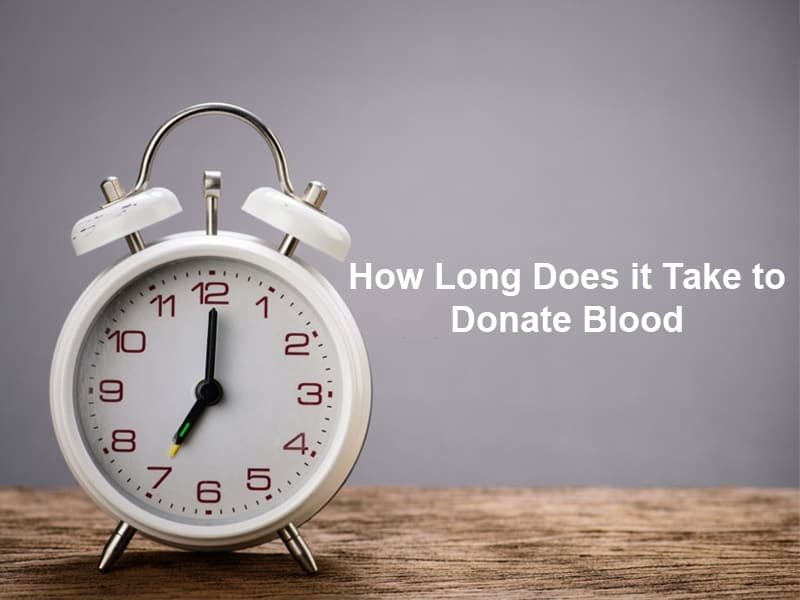
How Long Does it Take to Donate Blood?
A person can donate up to 350ml while donating. Nothing more than that is taken. The loss is expected to be corrected by the body in 24-48 hours. The total process will take up to 30 minutes. Taking blood out will only take up to 6 to 8 minutes. The remaining time is for the medical checkup to see if the person is eligible before donation, and 10 to 15 minutes after, for the donor to take some rest. After your blood is taken, it is sent for testing to check if it’s suitable for the patient.
Apheresis
Donation time that requires a longer time is called apheresis. Apheresis removes the whole blood from the donor and separates it into components so a particular component can be removed. Red blood cells, platelets, plasma, and certain leukocytes are the components that are removed. After donation, a person is advised to eat the snacks that are provided to them by the doctor.
Double blood cell donation
Double blood cell donation takes 30 minutes longer than any other type of blood donation. It takes up to 80 minutes or more. They can donate once in every four months.

| Blood Donation | Time taken |
| Time before donation for formalities | 6 to 8 minutes |
| Normal | 30 – 60 minutes |
| Apheresis | 1.5 – 2 hours |
| Double blood cell donation | 30 minutes longer than normal donation |
| Time after donation for rest | 10 to 15 minutes |
This is the usual time taken for donation, but it may vary from person to person.
Why Does it Take the Time it Does for Blood Donation?
The reason for the delay in blood donation, mostly, is the paperwork that the donor is required to fill before donation. No matter the type of blood product, blood donation might sometimes take more than an hour. For first-time donors, you are expected to eat iron-rich food and drink a lot of liquids. If your liquid content is less, they make you drink enough liquid for your body to be able to handle the loss of blood.
Double blood cell donation takes longer than the other procedures. It is given to trauma patients, newborns, emergency transfusions during birth, and anybody that has suffered from blood loss. This is done with extra care and precautions than any normal blood donation.
There are also three steps a donor has to take before donation:
Registering: Registering as a donor with your name, address, and proof of identity

Questions: The doctor or an attendant will ask you questions regarding your previous medical history, travel history, and your health in general. There are certain things that might rule you out from the donation.
Checks: The attendant will check the donor’s pulse, body temperature, and blood pressure before the blood is taken to make sure of no ill complications.
These processes prolong the time of donation.
Conclusion
Blood donation is not scary as it sounds. Though some articles might tell you that it is a long hectic thing to undergo, the entire process takes just an hour or sometimes even less. Healthy adults do not show any side effects after donation, but some people might experience nausea or tiredness after donating blood. Intake of an adequate amount of liquid will lessen the probability of feeling nausea.
After apheresis, a person might feel pain, bruising, or sometimes even bleeding. Once you pass the health and physical test, you are good to go. All this is done in the time frame of one hour and fifteen minutes.


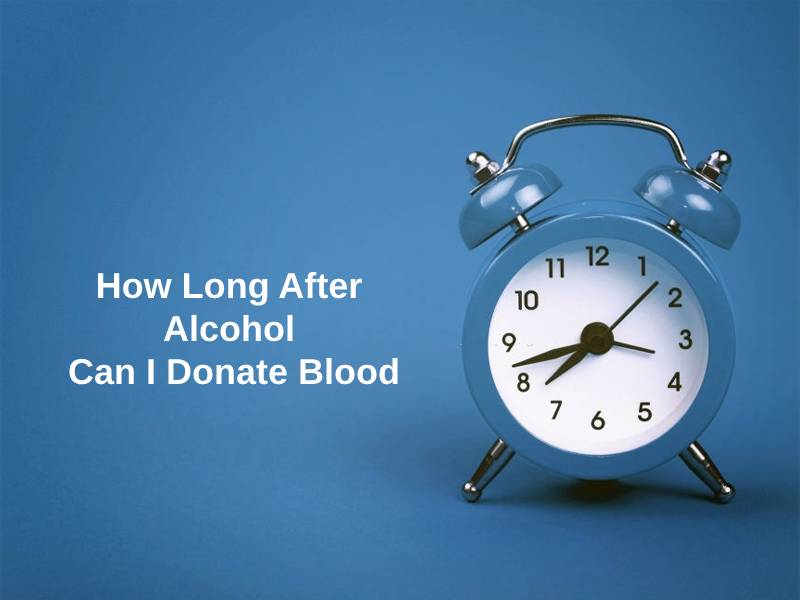
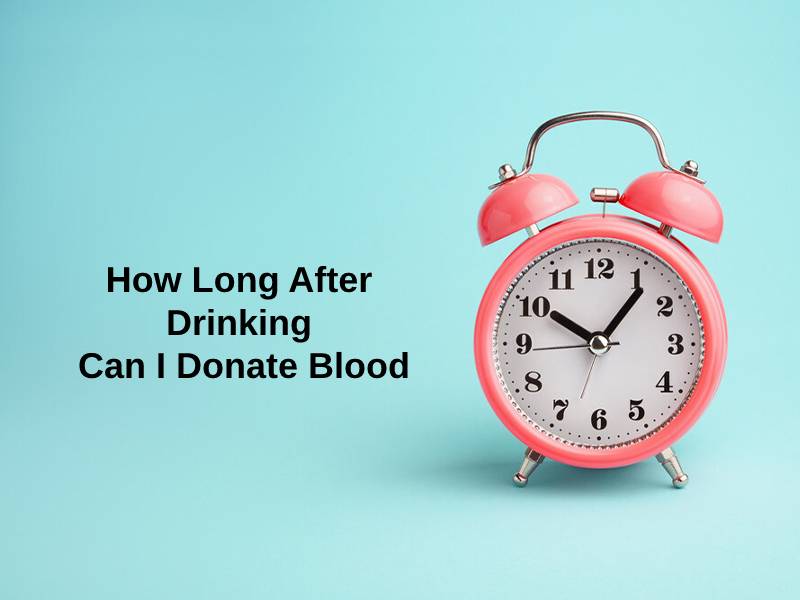
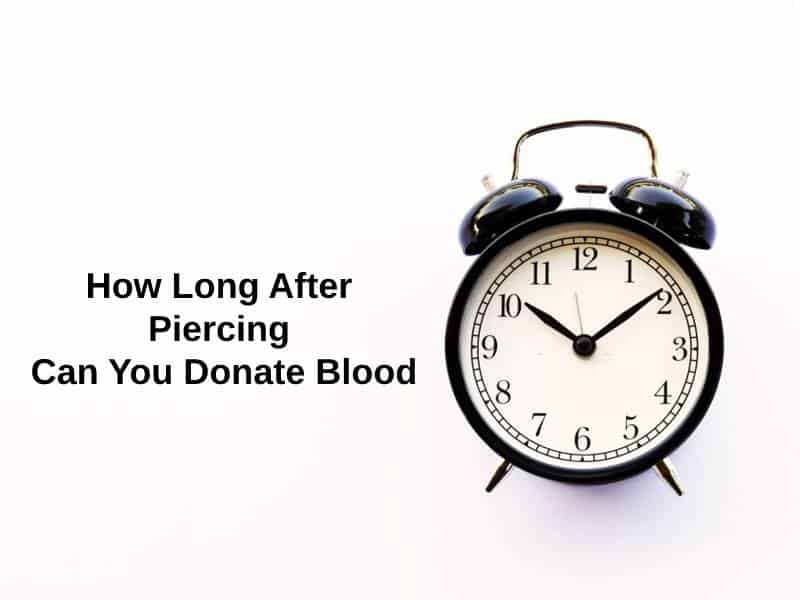

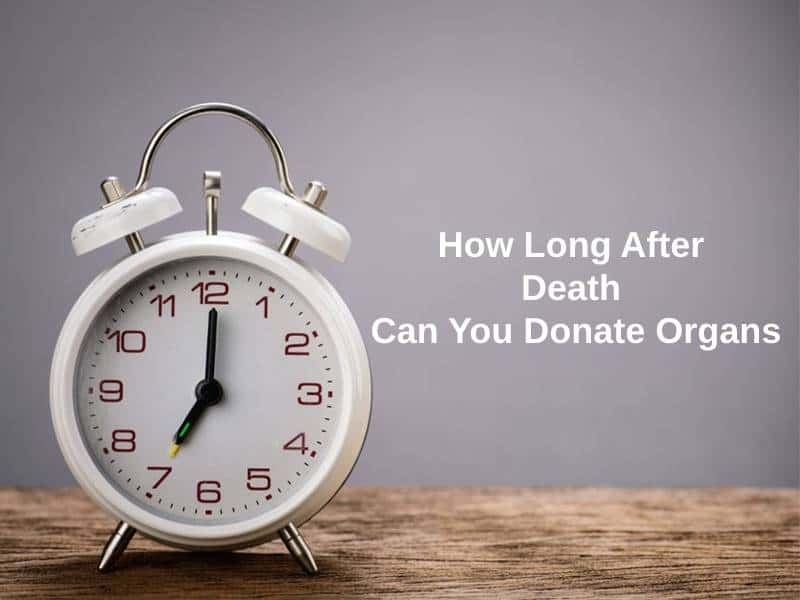
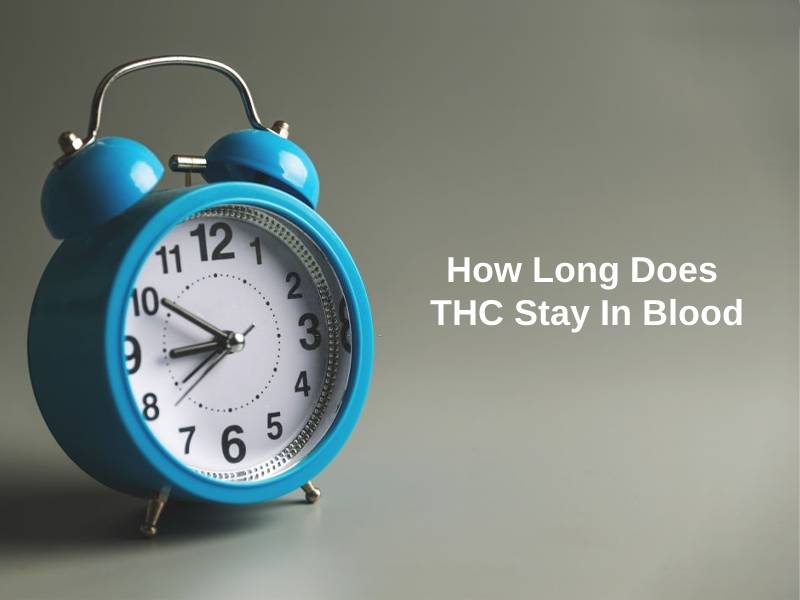

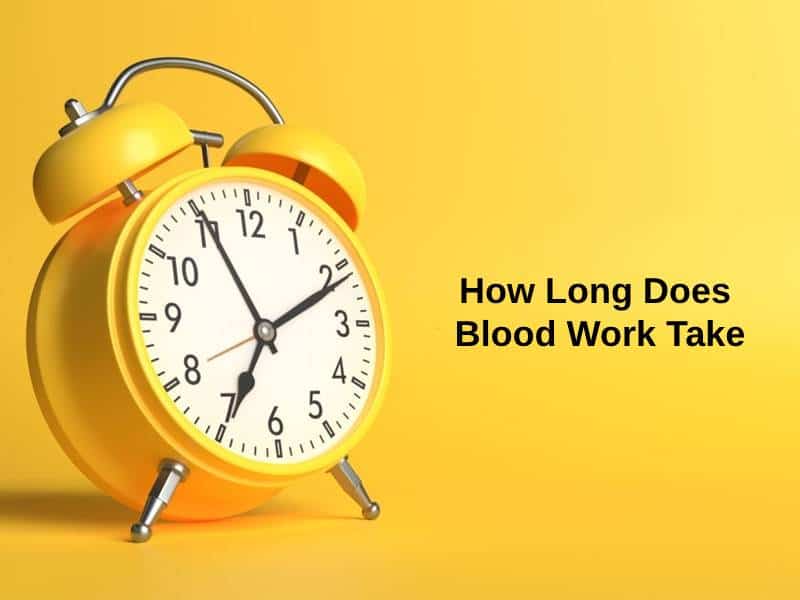

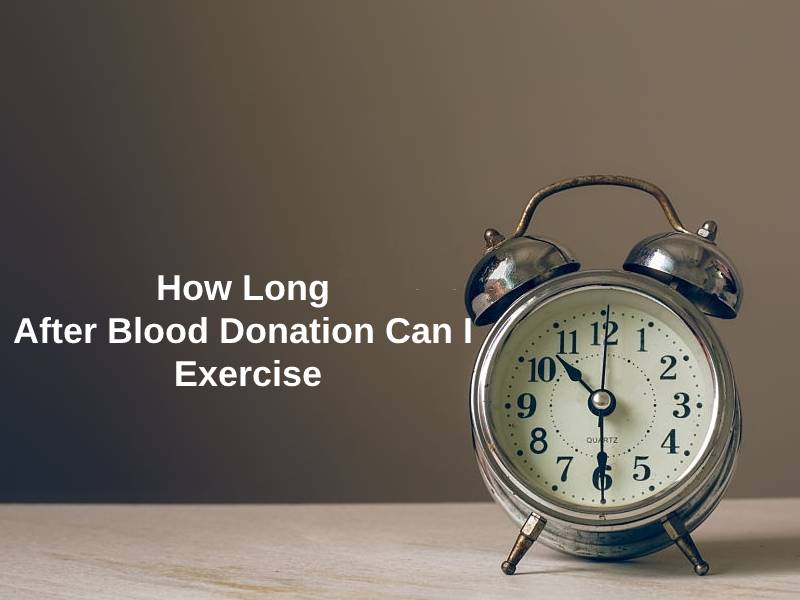
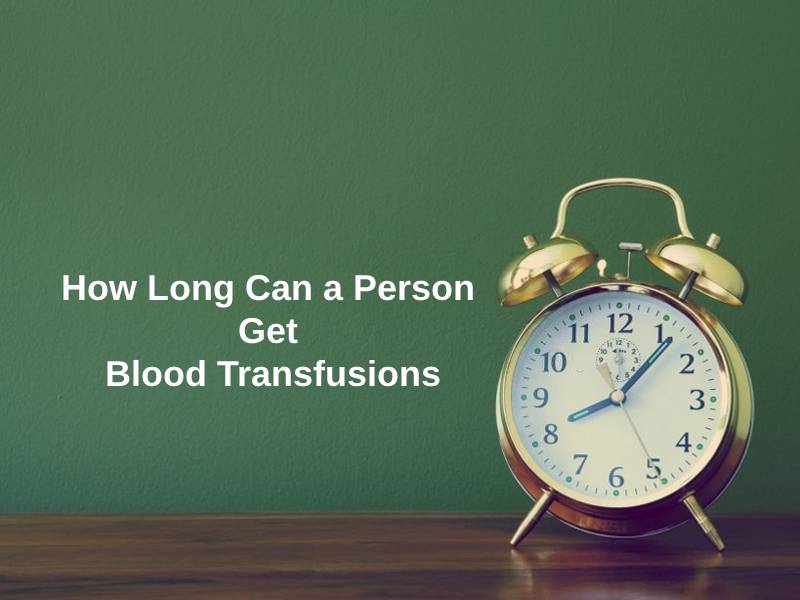
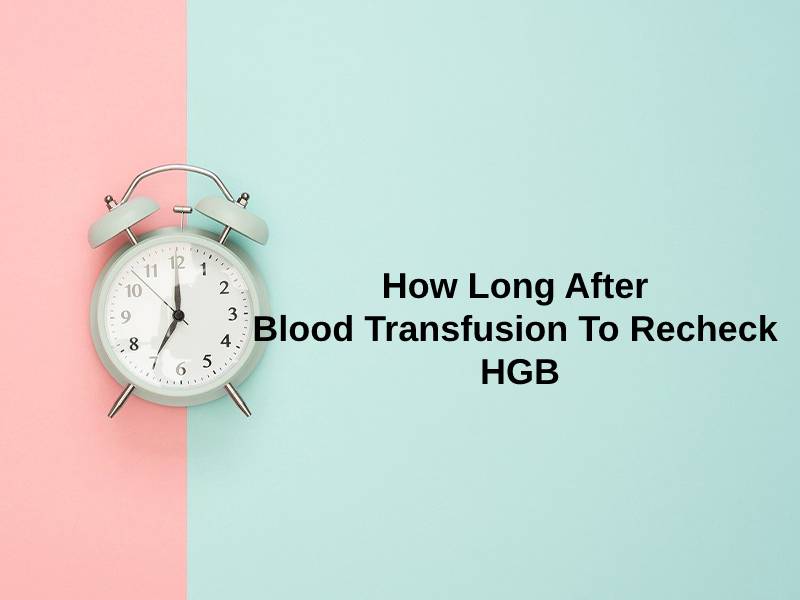
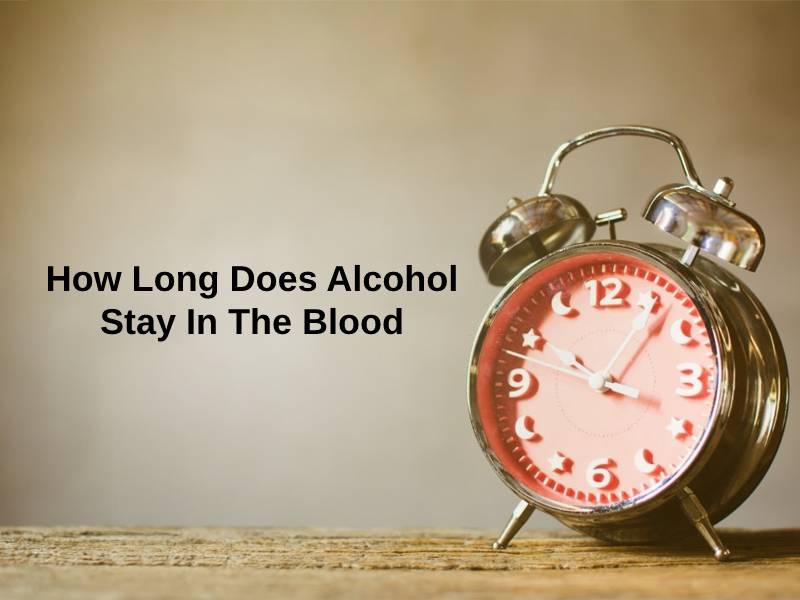

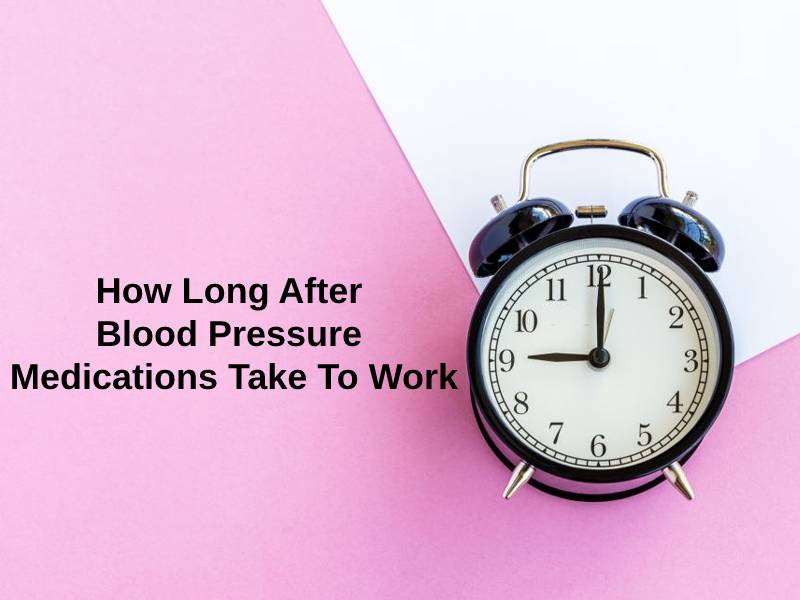
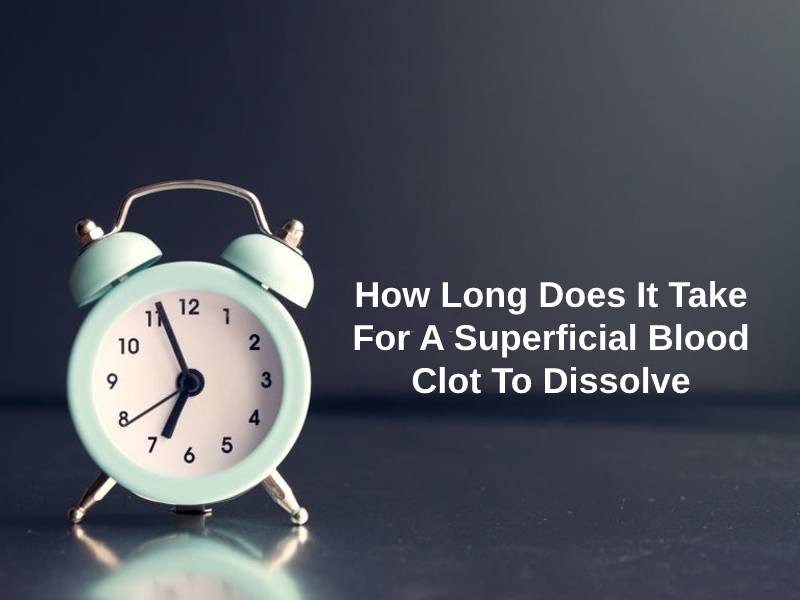





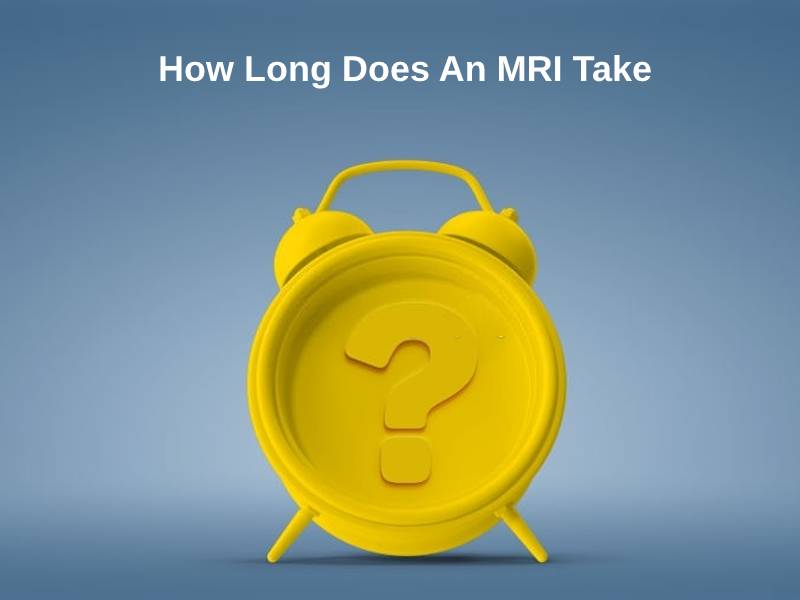



It’s a bit shocking to see that the whole process takes such little time. I feel more encouraged to donate blood now.
Yes, it’s a lot less daunting than I previously thought. The article is reassuring.
I wish I had known all this information sooner. I would have considered donating blood a long time ago.
That’s true. It’s so important for people to be aware of the process.
Absolutely. Education on this topic is key.
What a great read! It’s good to see a positive, comprehensive piece on blood donation.
Agreed. It’s a subject that’s too often overlooked.
I appreciate the attention to detail in explaining the steps involved in blood donation.
I fully agree. The article leaves no confusion about the procedure.
I’m impressed by how well this article is written. It’s informative and engaging.
Absolutely, I was so intrigued by the details.
Me too. The explanation about apheresis was particularly interesting.
I’m pleasantly surprised by how this article managed to cover every aspect of blood donation in such a short length.
It’s concise yet thorough. Well done to the author.
Yes, it’s a testament to the author’s skill in communicating complex information clearly.
Thank you for such a comprehensive explanation on blood donation. I’m glad to see there isn’t as much wait time as people might think.
I agree. It’s quite informative to know that it only takes an hour or sometimes even less to donate blood.
N/A
The article is vital. We need to debunk myths around blood donation and encourage more people to do it.
Completely agree. The more knowledge people have, the more likely they’ll donate.
Absolutely, and spreading awareness through such well-structured articles is effective.
This is very insightful and I appreciate that the author included the references at the end.
Yes, it’s great to see the scientific sources cited.